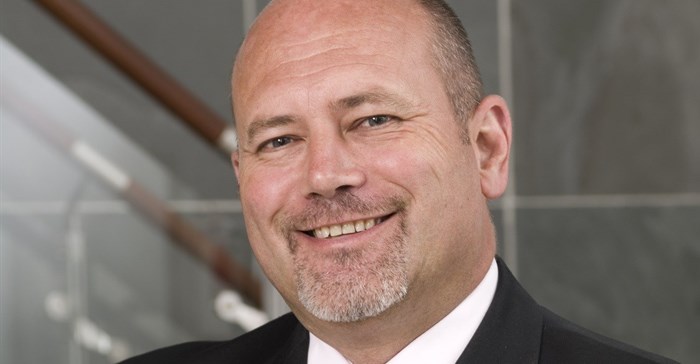#MTBPS2016: Solid effort, but nothing exciting
Fiscal consolidation continues, with deficit lower over medium-term framework, but again - as we have seen over the last several years - has been revised wider.
Realising the bind between fiscal consolidation and slow growth, Treasury labels it “a measured consolidation”. The impact of slower growth on tax revenues is substantial, but fortunately Treasury has managed to keep spending under control. Although this continues the task of fiscal consolidation, the goalposts have again been shifted.
Treasury caves on nukes
The jury is out whether this MTBPS (mid-term budget policy statement) will be enough to avert a ratings downgrade in December. The question of whether they did enough will be a close call. They are certainly trying hard, but we have seen no further improvement in other issues such as SOEs with no further announcements to strengthen governance, plus Treasury seems to have caved on the nuclear issues, stating that it will work with the department of energy and Eskom, with the power utility taking the lead on nuclear. This will raise debt guarantees for Eskom even further in future years.
The bottom line is that this is a relatively solid MTBPS given the pressures facing Treasury. A tighter stance might have been too damaging to the economy. It remains to be seen how this will influence the country’s ratings. Ratings agencies do not only look at the budget, but also economic growth. S&P are also waiting for announcements regarding a national minimum wage and a secret strike ballot.
Highlights
- Budget deficit declining from -3,4% this year to -2,5% in 2019/20
- Current fiscal year: deficit raised by R11,5bn (from -3,2% of GDP to -3,4%). Revenue shortfall of R23,3bn (mostly on R12,5bn individual income tax shortfall; and a R7,9bn VAT shortfall) and expenditure also lower by R11,8bn
- Total revenue shortfall next two fiscal years would have been R88bn if not for further tax measures (detail to be announced in Feb 2017)
- Further consolidation measures announced on top of those of Feb 2016 (already included in deficit path going forward). Total increase in tax revenue: +R28bn for 2017/18 and +R15bn for 2018/19. Total expenditure reductions: -R20bn in 2017/18 and –R31bn in 2018/19. Thus total consolidation measures of: R48bn next year and R46bn in 2018/19
- No detail yet on tax measures to total +R28bn next year. Likely focused around individual income tax (no or little relief for fiscal drag; increase in top marginal rate); “wealth taxes” (dividend tax and CGT); sin taxes etc. VAT increase of 0,5% is possible (+R10bn), but probably not very likely.
- Positive signal from public sector wage bill: cut by a cumulative R8bn over three years.
- Although no spending allocations to nuclear, Treasury will work with DoE and Eskom; Eskom will lead nuclear.
- Infrastructure investment, mainly in energy, transport and telecommunications, will amount to over R900bn over the next three years.
- Treasury still expect primary surplus in 16/17. Now only +0,1% of GDP vs +0.4% expected in Feb 2016. To rise to +1% by 2018/19. This will bring stabilisation to debt ratio.
- Gross debt/GDP seen reaching 53% of GDP in 2018/19, before moderating to 52,3% in 2019/20. This is market negative. February estimates showed a peak of 51% in 2017/18 and a decline to 50,5% in 2018/19.
About Johann Els
Johann Els is an economist at Old Mutual Investment Group.

































